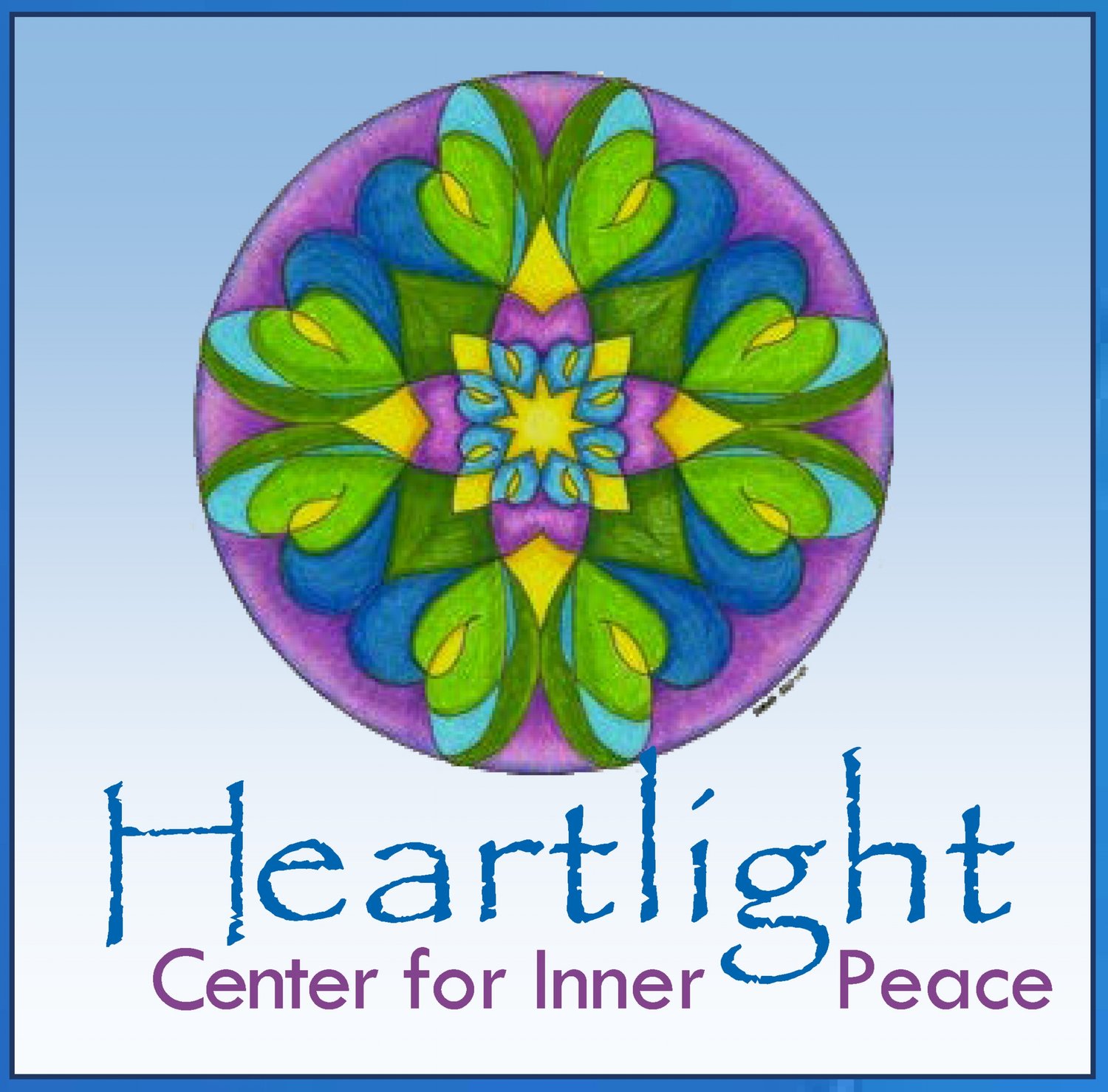Guidelines for Attitudinal Healing Groups
The following guidelines were developed to provide a framework in which a group might function. It is our experience that they set the tone, or boundaries, for individual behavior within a group. The basic ideas are that we come to the group to listen to others, to give mutual support, to be non-judgmental, to heal ourselves and not give advice or try to fix anyone else, that we use “I” statements, and that confidentiality is of absolute importance to make the groups a safe place.
The goal of the group is to use the Principles of Attitudinal Healing as tools for learning forgiveness and choosing inner peace.
In the groups, we recognize that love is listening, and we agree to listen with an open heart, to give mutual support and to practice non-judgmental listening and sharing.
We are here to heal ourselves. We are not here to give advice or to change anyone’s belief or behavior. Being accepted as we are makes it easier for us to accept others.
We share from our own experience, using “I” statements. By risking and exposing our own emotional state, we find common experience that allows for joining.
We respect ourselves and each other as unique. We recognize that each person’s process is important, not our judgment of it.
We support each other’s inner guidance and assist one another in finding our own best answers.
The roles of student and teacher are interchangeable. They fluctuate from one to the other regardless of age or experience.
We practice being present with others, seeing only the light and not the lampshade.
We agree to keep in mind that we always have a choice between peace and conflict, between love and fear.
We recognize the confidentiality of what we share in group, recognizing this is important for maintaining the group as a place of safety and trust.
Confidentiality is strictly maintained with the following exceptions: If someone poses a serious danger to themselves or another, or if there is suspected child or elder abuse or neglect, facilitators are required by law to report this information to the appropriate authorities.

